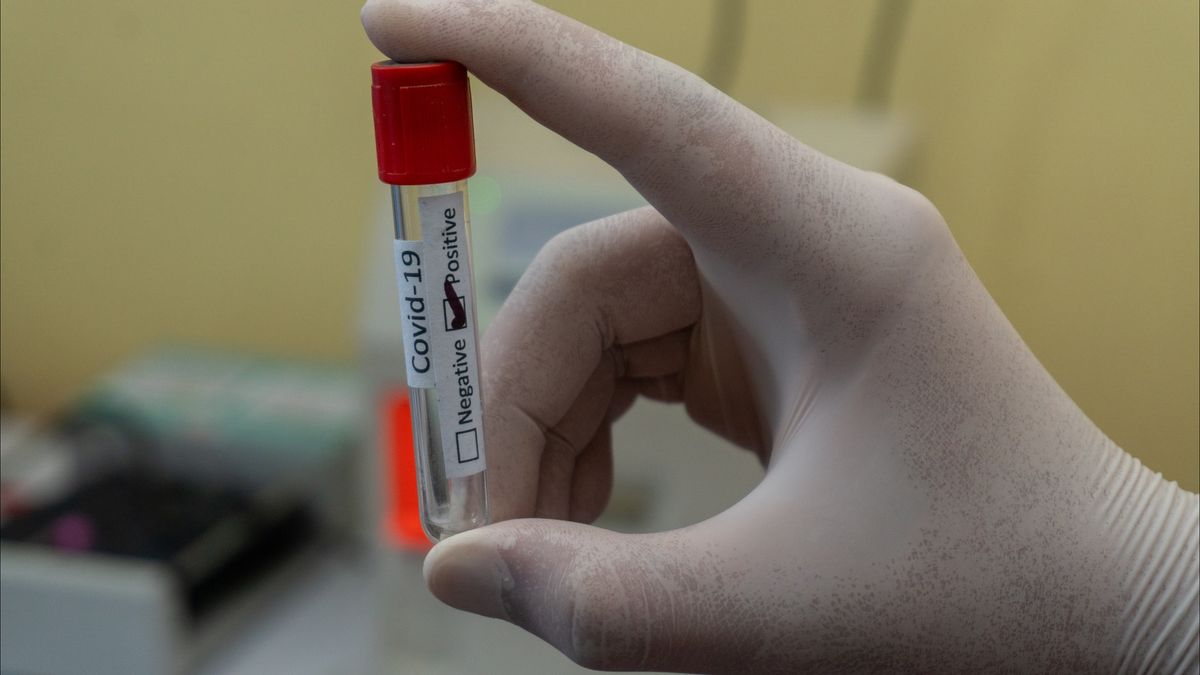SURABAYA - The Policy on Restricting Community Activities (PPKM) in 15 areas in East Java was unable to suppress the COVID-19 cases in East Java. In fact, the cases of COVID-19 in East Java are increasing by an average of 900 to 1,000 per day.
This was conveyed by an epidemiologist from the Airlangga University (Unair) Surabaya, Windhu Purnomo, that he expressed that the PPKM implemented in East Java was not directly proportional to the tightening of health protocols (prokes).
"Because non-essential activities can still be carried out. The strict restrictions used to be ineffective, especially now. Naturally, the cases are increasing," said Windhu when contacted on Friday, January 22.
Based on data from the East Java COVID-19 Task Force, the addition of COVID-19 cases in East Java reaches an average of 900 to 1,000 per day. For example, on Thursday, January 21, 2021, the number of Covud-19 cases in East Java increased by 1,134 people to a total of 103,286 cases.
Then there were 955 new cases the day before on Wednesday, January 20, 2021, and 972 cases on Tuesday, January 19, 2021. However, new cases of covid-19 had decreased to 848 as of Monday, January 18, 2021.
Even though it had decreased, the addition of COVID-19 cases increased by 974 cases per Sunday, January 17. According to Windhu, the way to suppress the Covid-19 case is not by implementing PPKM, but by increasing the tightening of health protocols (prokes).
Because, he said, the increasing number of COVID-19 cases in East Java was influenced by the decreasing discipline of health services in the community.
"In the past, when the PSBB disciplined community for health programs reached 75 percent, now only 50 percent. Because the prokes are tighter, so there is a deterrent effect on the community," he said.
Windhu suggested that the government limit the movement in and out of the community. This is because the chain of virus transmission can be broken by restricting movement and limiting interactions.
"I hope the government will be more incessant in conducting testing and tracing. So that cases that are below the surface can be resolved quickly and stop transmission," he said.
Windhu is optimistic that the transmission of COVID-19 in East Java can be stopped if there are restrictions on social movement. If not, there will be a spike in cases such as what happened in early 2021, where the mobility of the community on the end of 2020 is quite high.
"This is the only way to control COVID-19 cases," said Windhu.
The English, Chinese, Japanese, Arabic, and French versions are automatically generated by the AI. So there may still be inaccuracies in translating, please always see Indonesian as our main language. (system supported by DigitalSiber.id)









